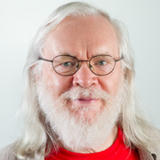
Professor John Ellis CBE FRS
Clerk Maxwell Professor of Theoretical Physics
- (Joint) Head of Group
Research interests
- Physics
Biography
John Ellis currently holds the Clerk Maxwell Professorship of Theoretical Physics at King's College in London. After his 1971 PhD from Cambridge University, he worked at SLAC, Caltech, and CERN (Geneva), where he was Theory Division Leader for six years. His research interests focus on the phenomenological aspects of elementary particle physics and its connections with astrophysics, cosmology and quantum gravity. Much of his work relates directly to interpreting results of searches for new particles. He was one of the first to study how the Higgs boson could be produced and discovered. He is currently very active in efforts to understand the Higgs particle discovered recently at CERN, as well as its implications for possible new physics such as dark matter and supersymmetry. He also studies possible future particle accelerators, such as the Compact Linear Collider (CLIC) and future circular colliders, is known for his relentless efforts to promote global collaboration in particle physics. John Ellis was awarded the Maxwell Medal (1982) and the Paul Dirac Prize (2005) by the Institute of Physics. He was elected Fellow of the Royal Society of London in 1985 and of the Institute of Physics in 1991, and is an Honorary Fellow of King's College Cambridge and of King's College London.
Research Interests
John's primary research is on particle physics beyond the Standard Model, but he also strays into related areas of high-energy astrophysics and cosmology. Within particle physics, he is particularly interested in predictions for collider experiments and the interpretation of their results, and his interests in astrophysics and cosmology include dark matter and strategies to detect it, as well as dark energy and cosmological inflation.
Much of his research concerns supersymmetry, which he considers to be one of the most promising possible extensions of the Standard Model, and he is actively working on searches for supersymmetric particles at the LHC and as astrophysical dark matter.
He is also interested in models of quantum gravity, particularly those derived from string theory, and is looking for possible experimental probes of such models, either in accelerator experiments or in high-energy astrophysics and cosmology.
Research
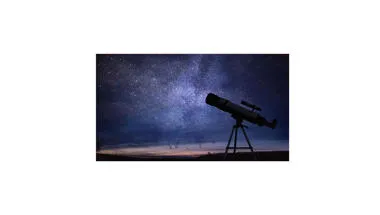
Theoretical Particle Physics & Cosmology
The research focus of the TPPC Group is on tests of new models of particle physics beyond the Standard Model, including supersymmetry, large extra dimensions and strings.
News
Axions shedding light on dark matter
Review conducted by King’s physicists delves into the theory of axions, and their context within the wider fields of particle physics and cosmology.
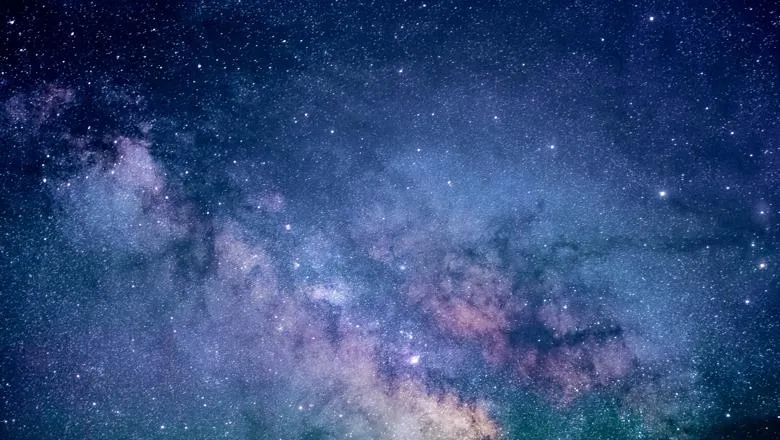
King's physicists contribute to research into quantum technologies
King's is contributing to research in quantum technologies
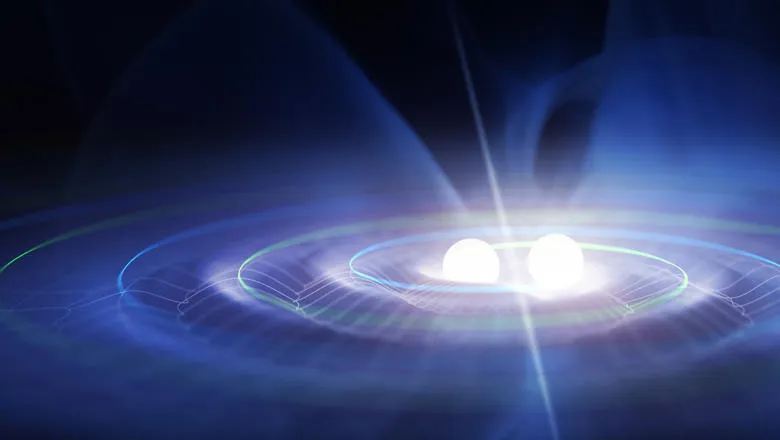
Supernovae as 'mass murderers'
New research published into how supernovae may cause the extinction of ancient species
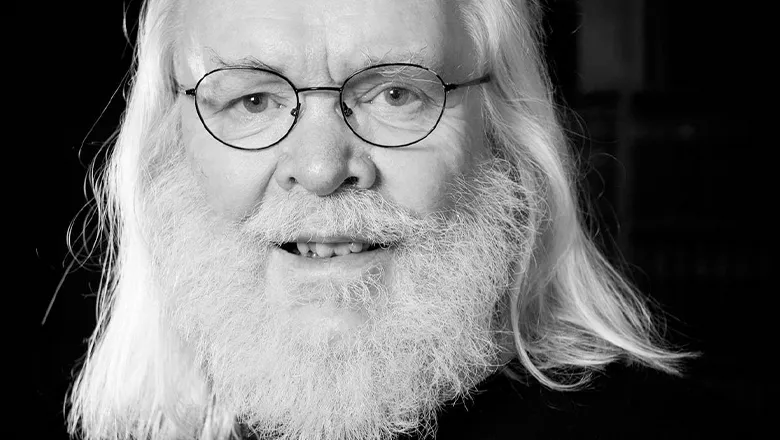
King's Physicist appointed Honorary Fellow of the Institute of Physics
Professor John Ellis, Clerk Maxwell Professor of Theoretical Physics at King’s, has been appointed an honorary fellow of the Institute of Physics (IoP).

The discovery of the structure of DNA
Today marks the 60th anniversary of the famous edition of Nature that revealed the secrets of DNA and detailed the physical and chemical basis of how...
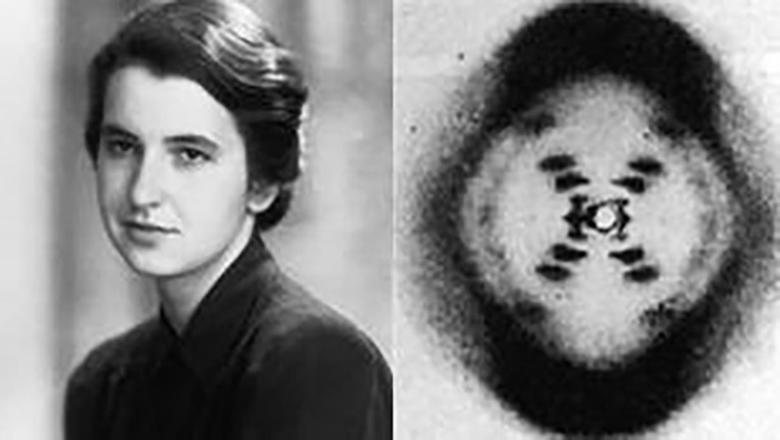
Spotlight
Promoting physics worldwide
King's Physicist Dr Bobby Acharya has worked tirelessly to promote physics in African countries

Research

Theoretical Particle Physics & Cosmology
The research focus of the TPPC Group is on tests of new models of particle physics beyond the Standard Model, including supersymmetry, large extra dimensions and strings.
News
Axions shedding light on dark matter
Review conducted by King’s physicists delves into the theory of axions, and their context within the wider fields of particle physics and cosmology.

King's physicists contribute to research into quantum technologies
King's is contributing to research in quantum technologies

Supernovae as 'mass murderers'
New research published into how supernovae may cause the extinction of ancient species

King's Physicist appointed Honorary Fellow of the Institute of Physics
Professor John Ellis, Clerk Maxwell Professor of Theoretical Physics at King’s, has been appointed an honorary fellow of the Institute of Physics (IoP).

The discovery of the structure of DNA
Today marks the 60th anniversary of the famous edition of Nature that revealed the secrets of DNA and detailed the physical and chemical basis of how...

Spotlight
Promoting physics worldwide
King's Physicist Dr Bobby Acharya has worked tirelessly to promote physics in African countries

